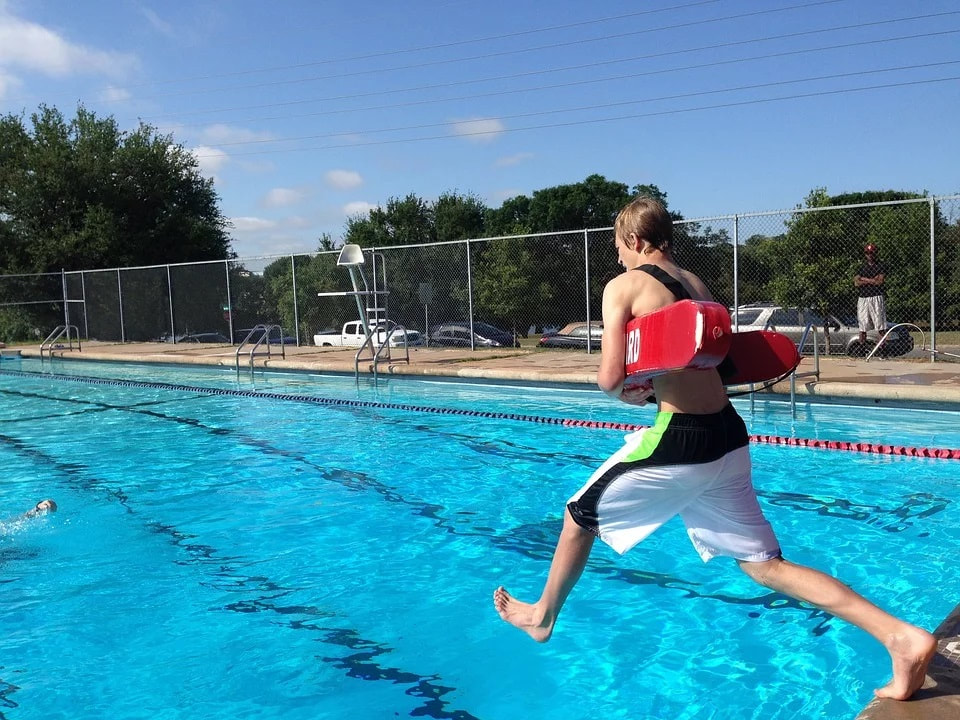|
Working in risk management, this is one of my biggest concerns and ongoing frustrations. Why don’t people take action, manage and reduce risk until it’s too late? Far too many schools and organisations wait until they’ve had a major incident to ensure they have systems in place and the right people in place to manage risk.
Why is this? Are we all wired to think that everything is going to be ok and run exactly to plan? Is it the unconscious incompetence that comes with being new to something? Or is it not really caring? To be honest, I really don’t think it’s not caring. Generally, people are in education to help others achieve goals and consequently tend to care about what happens as a result. However, the focus of teaching and teacher training is on classroom practice and although many lessons don’t go to plan, there’s not really a need to mitigate against this risk other than to make sure you plan your lesson. Yet when planning an excursion, trip, activity or sport outside of the classroom, the same level of preparation rarely goes into it. The problem is that the management of risk and the actual risks inherent to the activity, excursion or sport is rarely understood, especially if the main focus of someone’s training and employment has been unrelated. Just because someone can teach and manage a group in the classroom, doesn’t mean he or she can facilitate and manage a group in an unstructured and unregulated environment. The result of this usually ends up with most things going to plan, but when something doesn’t, it can go pear-shaped very quickly and generally when this happens, the response is just made up as they go. This can exacerbate a problem or an incident and needlessly escalate it, which can result in further damaging consequences for staff and students. Once a teacher, administrator, school or organisation has gone through this experience, they then suddenly start to think about risk management in a meaningful way. However, this is too little, too late. The horse has already bolted and it’s not coming back. The first school I worked for unfortunately had to go through a fatality for them to realise that they had a risk management problem. I was one of the new staff employed after the fatality and the fall out from this lasted for years for some and a lifetime for many others. Whilst a fatality is thankfully a very rare occurrence, there’s many other incidents which still regularly occur that are completely preventable. There’s enough knowledge, experience and technology available to prevent so many incidents from occurring year, so why don’t people do anything about it until it’s too late? More often than not, it’s what’s referred to as unconscious incompetence. You don’t know what you don’t know. How can someone be expected to manage something, if they have no idea about what they’re managing nor why they’re supposed to be managing it. All programs and activities start with good intentions to create great educational outcomes. However, good intentions don’t always translate to good management. Therefore, specific training is essential in general risk management for school activities, sport and excursions, as well as more focussed individual activity risk management training. This sort of initial training helps move people from the unconscious incompetence, to the conscious incompetences skill level and can be quite confronting and eye-opening for most people. Suddenly, they realise the holes, gaps and risks in the programs for which they’re responsible and start to do something about it. Experience and further training at this stage then moves a person from this conscious incompetence stage into the conscious competence stage. At this point, the person understands risks, controls them and continues to actively manage and work towards risk management goals and develop a culture of risk management within their organisation. It’s at this point you actually get good risk management systems operating within schools and organisations to ensure quality practices are always in place and being used to run great educational programs with the risks minimised. The final stage persons is unconscious competence. Essentially, they understand a whole range of risks and actively manage them without thinking. If you don’t have anyone in your school or organisation like this, with this skill set, then you’re just treading water before something terrible happens. This shouldn’t be the case as again, there’s enough knowledge, experience, training and technology available to ensure risks are well managed within any organisation. It’s way too late to do this after something has failed and you can be assured that dealing with a crisis and the fall out from that is far more difficult than a bit of training and implementing good risk management systems. To avoid the inevitable train wreck of a situation in which lives, careers and reputations are damaged, get some risk management training today so you can build and leverage the right systems, processes, equipment and technology to consciously and competently manage risk within your school or organisation.
0 Comments
Your comment will be posted after it is approved.
Leave a Reply. |
Categories
All
Archives
April 2021
|

 RSS Feed
RSS Feed